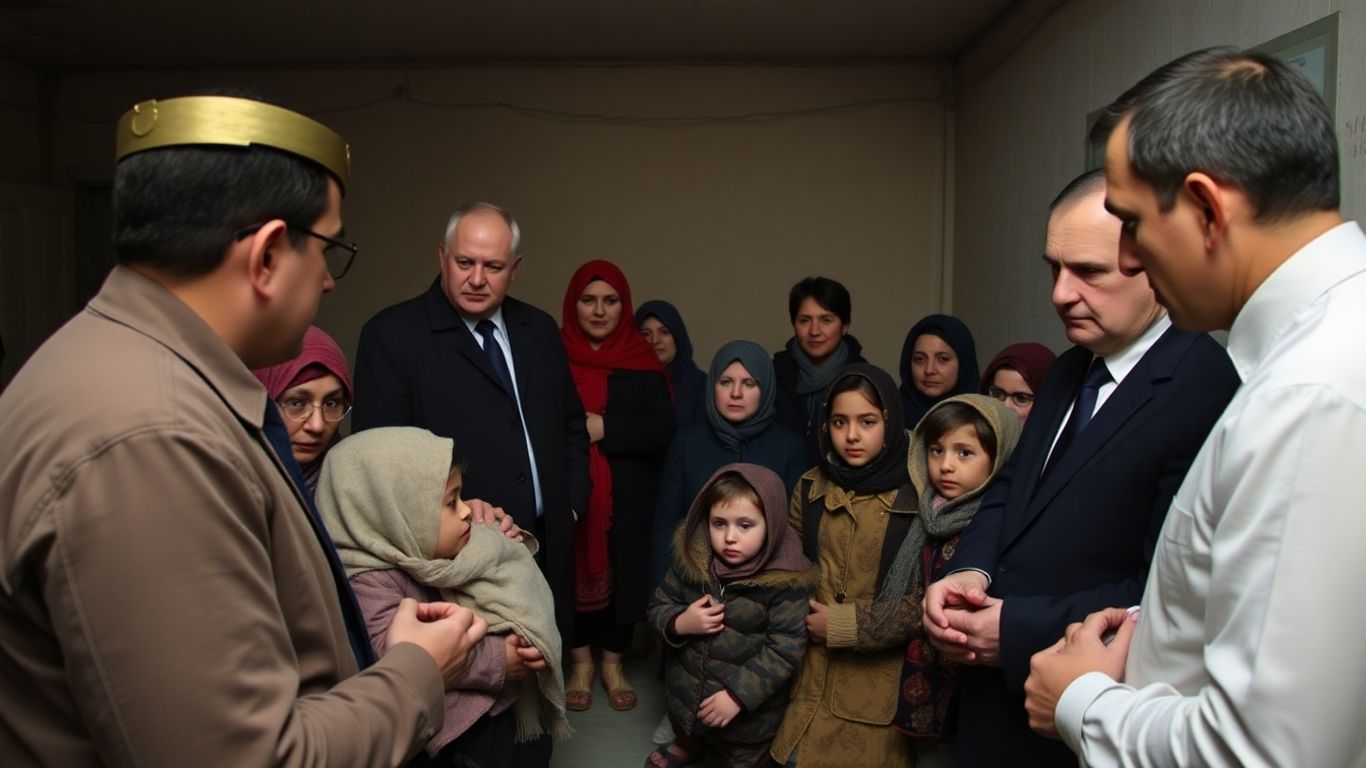Romanian prosecutors have interviewed thousands of Ukrainian refugees who arrived in the country following the 2022 invasion, as part of an international effort to gather evidence for a genocide investigation. The interviews focus on individuals who have witnessed or experienced aspects of the military conflict, including potential deprivation of liberty and illegal imprisonment.
Key Takeaways
- Thousands of Ukrainian refugees in Romania have been interviewed by prosecutors.
- The interviews are part of an international case investigating alleged genocide in Ukraine.
- Evidence collected is being sent to Europol headquarters in The Hague.
- Romania is collaborating with other Eastern European nations in this effort.
- Efforts are underway to establish a special tribunal for prosecuting these crimes.
Gathering Evidence from Refugees
General Prosecutor Alex Florenţa revealed that a significant number of Ukrainian refugees entering Romania since the war began in 2022 have been interviewed. This extensive undertaking involved prosecutors collecting testimonies from those who showed signs of the military conflict or reported experiences such as illegal imprisonment. Injured Ukrainian soldiers treated in Romanian hospitals were also among those interviewed.
International Collaboration and Evidence Sharing
All the information gathered through these interviews has been forwarded to Europol’s headquarters in The Hague. This collaborative approach involves all Eastern European states contributing evidence related to potential genocide in Ukraine. Florenţa indicated that these collected materials are crucial for the potential establishment of a special tribunal dedicated to investigating these grave crimes.
Ongoing Efforts and Reporting Channels
The investigation and evidence collection are ongoing. The Public Ministry’s website features a form, translated into Ukrainian, for individuals still fleeing Ukraine who may have relevant information to report. This initiative aims to ensure that all potential evidence is captured.
Context of the Genocide Allegations
The Council of Europe has highlighted that the methods and rhetoric employed during Russia’s full-scale war of aggression suggest an intent to deny the Ukrainian people’s right to exist as an independent nation. Reports cite atrocities such as the massacres in Bucha and Irpin, the targeting of civilian areas, the persecution of Ukrainian elites, the destruction of cultural heritage, and the forced deportation of children as evidence of this genocidal threat.






